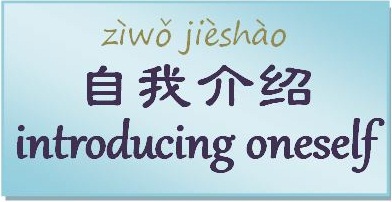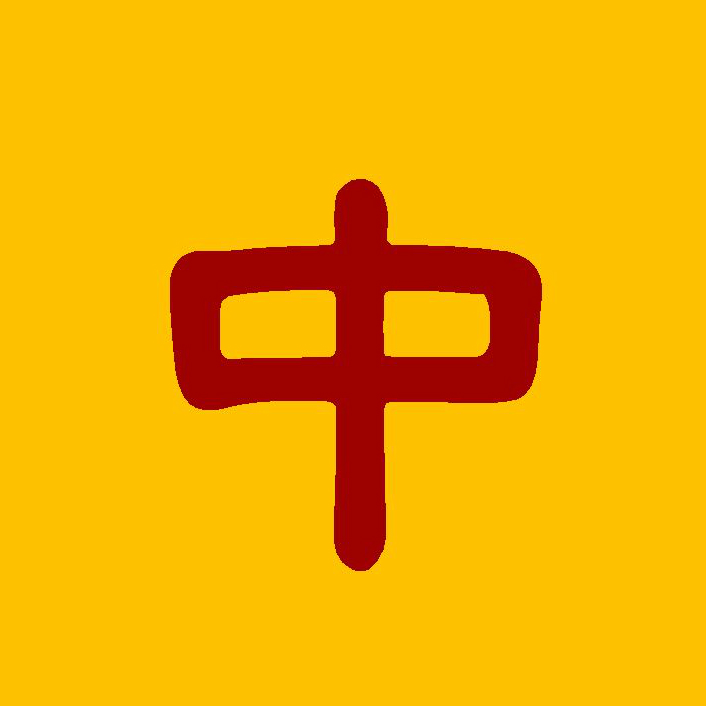
Nǐ hǎo
你好!
Hello!
01 ni-hao
Nín guìxìng
您贵姓?
What’s your surname?
03 nin guixing
Wǒ xìng Huáng
我姓黄。
My surname is Huang. (‘guìxìng’ is honorific and therefore not used on oneself)
04 wo xing huang
Wǒ jiào Huáng Fāngqí
我叫黄方麒。
My name is Huang Fangqi.
02 wo jiao
Jiào wǒ Fāngqí hǎo le
叫我方麒好了。
Just call me Fangqi.
05 jiao wo-hao le
Nǐ jiào shénme (míngzi)
你叫什么(名字)?
What’s your name?
06 ni jiao shenme mingzi
Nǐ xìng shénme
你姓什么?
What’s your surname? (More casual than ‘Nín guìxìng’)
07 ni-xing-shenme
Zěnme chēnghu nín
怎么称呼您?
How should I address you?
08 zenme-chenghu
*Note:
- Surnames come before given names.
- It is more polite to ask only the surname, so when meeting someone for the first time, or when speaking to someone considered more respectable, asking “您贵姓” (nín guìxìng) would be more appropriate. In more casual settings, it is alright to ask “你叫什么名字” (Nǐ jiào shénme míngzi)
- There are 2 verbs that can be used when asking for someone’s name. The first one is “姓” (xìng), which means ‘surname’. The phrase “您贵姓” (nín guìxìng) literally means ‘what is your honorable surname?’ When someone asks for your name with ‘xìng’, they are expecting you to tell them your surname, not your given name. The second is “叫” (jiào), which means ‘to be called’. When we use this verb, what follows is either the full name or only the given name, never only the surname.
I will be writing a post on this soon, stay tuned!






